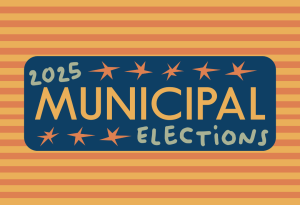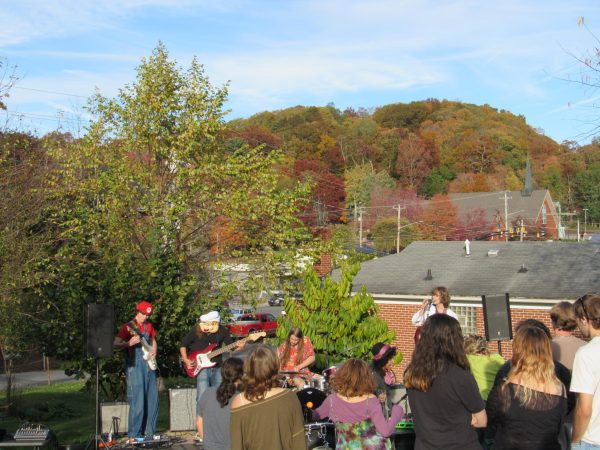Opinion: Never Ending Winter
June 29, 2020
The ideological, geopolitical, and economic conflict between the United States and USSR during the Cold War reformed global politics. Today, an underlying tension has the potential to spark a new type of Cold War with regional ramifications.
A Cold War between the Town of Boone and App State may soon be on the horizon.
The town’s 2006 Comprehensive Plan outlines local concerns as the university continues its crusade of self-interest: “Significant pressure” on infrastructure, quality of life issues “of great concern,” and aspects of incompatibility causing “friction and tensions.”
The plan defines App State as one of the hallmarks of Boone’s service sector, and one of the most dominant forces in the local economy. With this influence comes increased responsibility, expectations and accountability.
Campus diplomacy has isolation as a cornerstone. While App State is located within town limits, we shelter ourselves inside our corresponding zones trying to separate itself from the local political landscape.
Most universities have their own infrastructure, police force, governing bodies, and population, resembling a miniature city. App State is no different, blurring the line between an educational institution and an autonomous entity.
This seemingly follows the university’s motto: Esse Quam Videri; to be, rather than to seem.
App State’s Center for Economic Research and Policy Analysis found the university generates thousands of employment opportunities while contributing millions to the regional economy annually. But this isn’t keeping pace with regional needs.
As population increases by 15%, partly caused by App State’s continued increases in student enrollment further straining town resources, political coldness creeps in.
Economic power fuels this, with App State’s $905 million 2019 total assets dwarfing the town’s $28.8 million 2019-20 fiscal budget.
Of the $905 million, only 2% is expended on “public service.” The circulation of $18.1 million seems to miss the most vulnerable residents in Boone, with over 56% of the population in poverty.
The county jobless rate continues to rise and over 60% of workers making less than $10 thousand annually, economic insecurity and poverty will rise as well. Trickle-down economics allows some of the University’ assets to circulate within the economy, but it is not enough.
Rather than indirect economic contribution, App State must focus on directing its resources directly to needed areas such as affordable housing development.
Targeted funding to create a Community Land Trust for affordable housing in cooperation with the town would reduce economic stress caused by limited housing for both students and local residents.
Boone’s Town Council must work to further incorporate students in the political process. The creation of a municipal student advisory board would be a step in the direction of healing and progress while allowing students to set the course for mutual progress.
With how things seem, it’s crucial to recognize how things are. App State without Boone is just an isolated school on a hill.
Boone without App State is a small, high-country town struggling to keep pace with an ever changing modernizing environment facing limited resources.
Without a healthy relationship, App State and Boone face major consequences.
We need to bridge the political ravine between King Street and River Street. Both parties are at fault, but ultimately App State must acknowledge that it’s the one that closed itself off.
Developing a reformed, multi-faceted approach that addresses everything from breaking tradition to future aspirations is needed. The scale of selfish priorities vs. long-term community relations must be balanced and tipped in the right direction.
Why continue on the brink of irreversal damage? Like the Cold War, continuation will eventually result in the inability for growth.
No longer can we see ourselves as just Mountaineers. We bear the responsibility of thawing town-gown relations. We must set the foundation for a prosperous political spring.
We must become united, rather than pretend to be. Esse Quam Videri.












